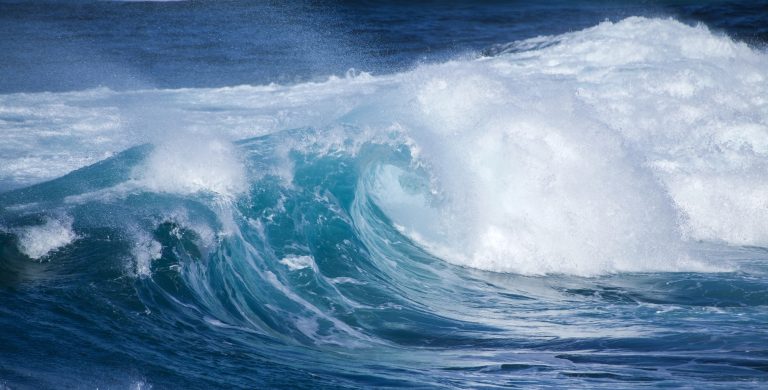Watching wild geese flying in formation this morning I was reminded how magnificent a species they are. A few years ago a colleague sent me the poem ‘Wild Geese’ by Mary Oliver. I had undergone surgery and was deeply touched by the gesture. She added this story:
….when wild geese are in flight and one becomes ill or injured, two other geese drop to the ground with the ailing goose. They provide protection and care for the goose until it recovers and is able to fly again or dies. It is only when the job of caring is complete that the geese fly off to catch up with their own flock or join another passing group.
Her simple gift and the sentiments behind it made me feel cherished, respected and part of something bigger.
I no longer work clinically but the wild geese story reminds me how it felt to be a nurse; to have the capacity to minimise someone’s distress through the humane and therapeutic use of self.
There are other marvellous facts about wild geese that make them special, but in this story alone it is clear that they have lessons for us in how to live our lives.
Wild geese teach us the value of a wider community. They are loyal to each other. They fly in the V shaped flock to minimise wind resistance, creating uplift for each other. They share responsibilities. When the bird at the front tires it rotates back into formation and another goose flies to the point position.
I have worked in teams both clinically and as a senior manager where I have experienced the ‘Wild Geese’ way:
- A strong sense of community
- Shared leadership and responsibility
- Work practices that minimise the strain
- Colleagues who walk beside you in times of stress and distress
It will be no surprise to note that these teams provided exceptional services and achieved more than was expected.
The spotlight is currently on making services more compassionate and person centred across health and social care. The race is on to generate ideas for improvement. However, without the fundamentals of compassion and respect in relationships, the effect will always be fragile and transitory. People need to feel they are part of something bigger.
A leader who is able to transcend the complexities of today’s work environments to do things in the way of wild geese would get my commitment – always! But it’s not just about being a good leader – it’s about reciprocity. It’s about being a good follower too.
How about you? How does your team compare?
